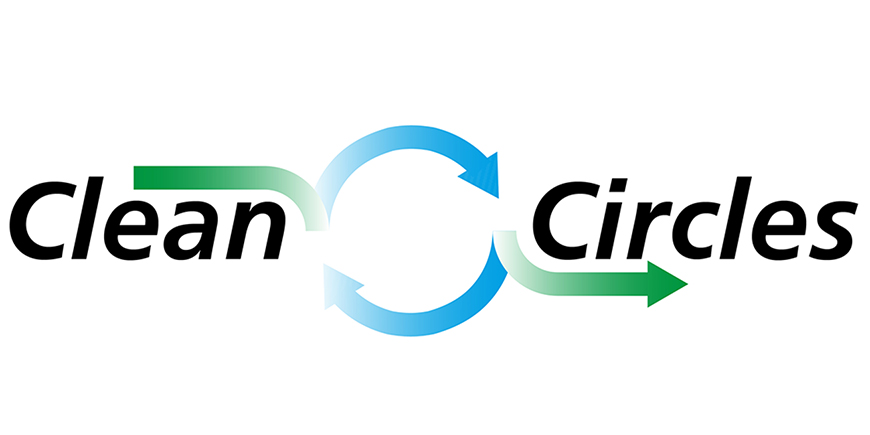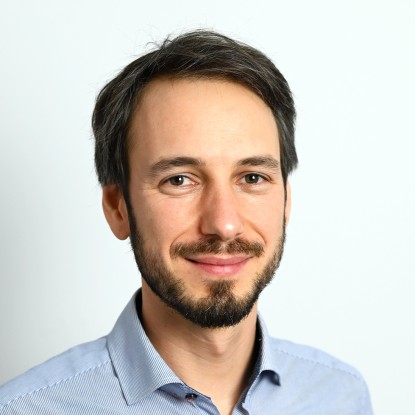A complex political environment
First, a multitude of political, societal, and conflict-related criteria influence the potentials for energy partnerships with these countries. Second, many different policy areas (e.g. energy, infrastructure, environment, technology and innovation, migration, development cooperation) and thus administrative/governance units, and several political levels (regional, national, European, and even international) are affected. An implementation of the technology in partner countries thus hinges on several political criteria, concerns a wide range of administrative/governance units in Germany and in the EU, ranges across different policy fields, and involves several partnerships and existing frameworks of foreign policy. Hence, a complex political environment shapes the analysis and feasibility calculation of third countries as partners for the Clean Circles technology.
Research approach
Against this backdrop, the sub-project seeks to define criteria and develop indicators for the feasibility calculation and evaluation of third countries as partners for the Clean Circle technology, including both general political indicators, as well as strategies, instruments, and actors in Germany and the EU that are of relevance for these partnerships. The factors associated to third partner countries in political, societal, governance-related, and conflict-related terms will be integrated into the multi-criteria system analysis. Moreover, the subproject will analyze specific case studies for the Clean Circles technology and provide feasibility calculations. First, it places an emphasis on Morocco as potential partner before it assesses and evaluates the potential of other countries that have been found relevant based on the initial criteria analysis.
Scientific questions:
- Through which criteria and indicators can third partner countries of the Clean Circles technology be systematically assessed and evaluated?
- Which policy fields, strategies, instruments, and actors of German and EU foreign policy are relevant for the implementation of the Clean Circles technology in third partner countries?
- Which third partner countries have a potential as partner country of the Clean Circles technology?
- What potentials and risks apply to Morocco as example of a potential third partner country of the Clean Circles technology?
- What specific potentials and risks apply to selected potential third partner countries of the Clean Circles technology?





